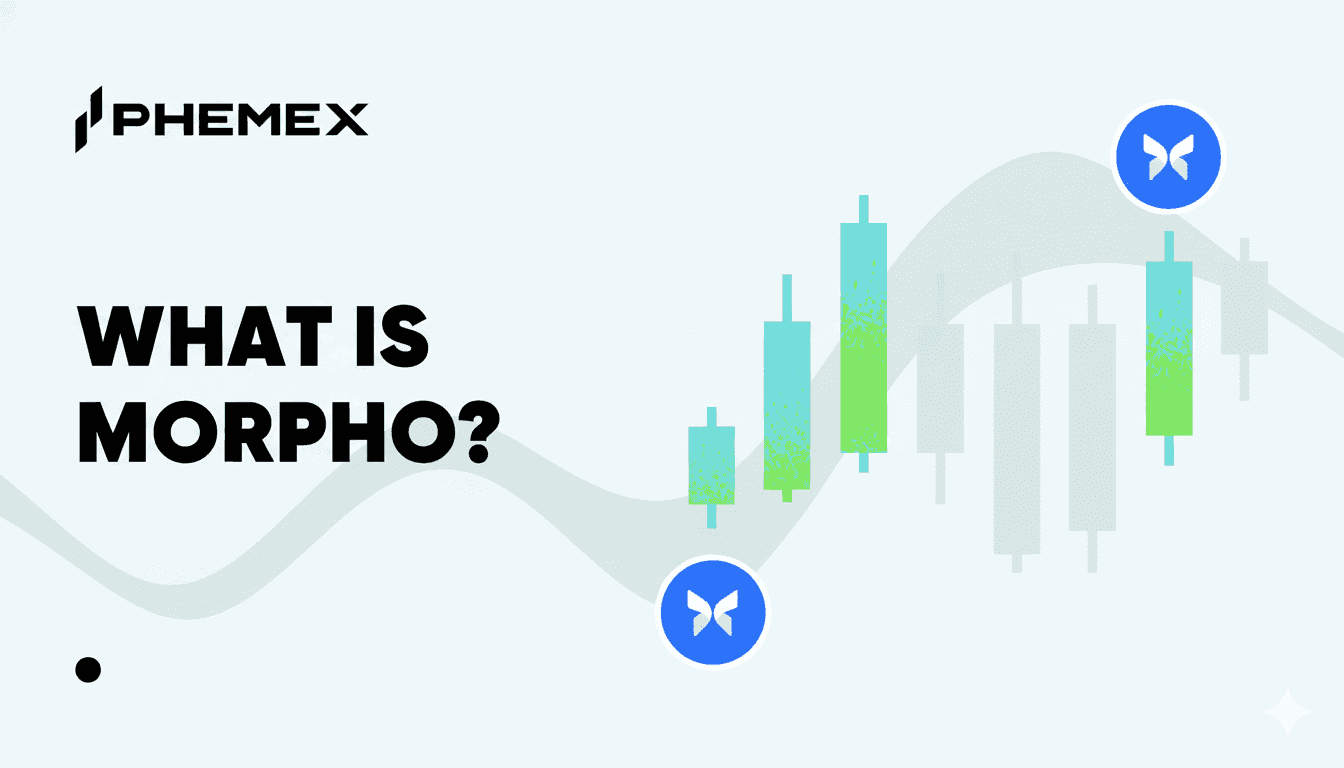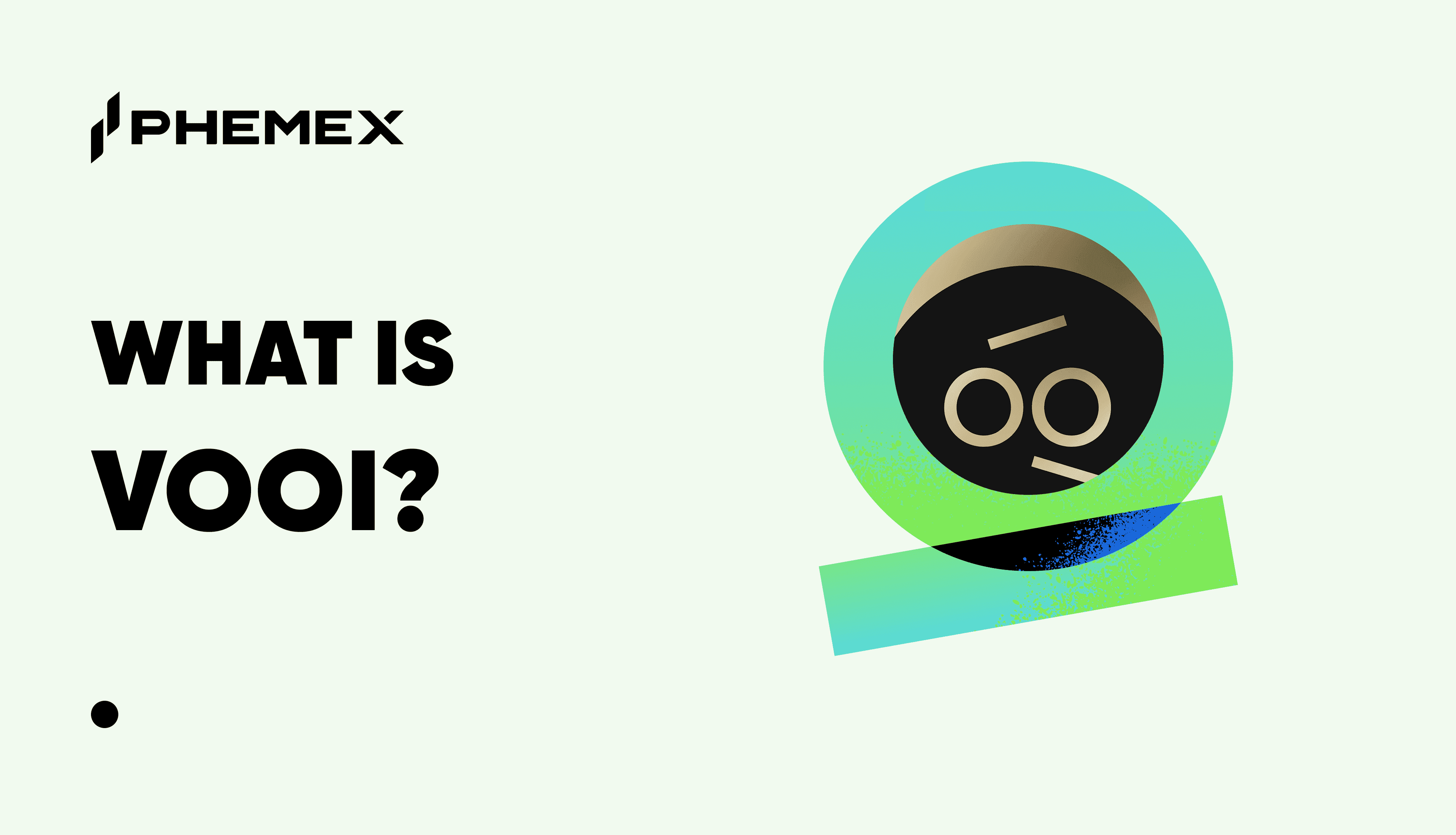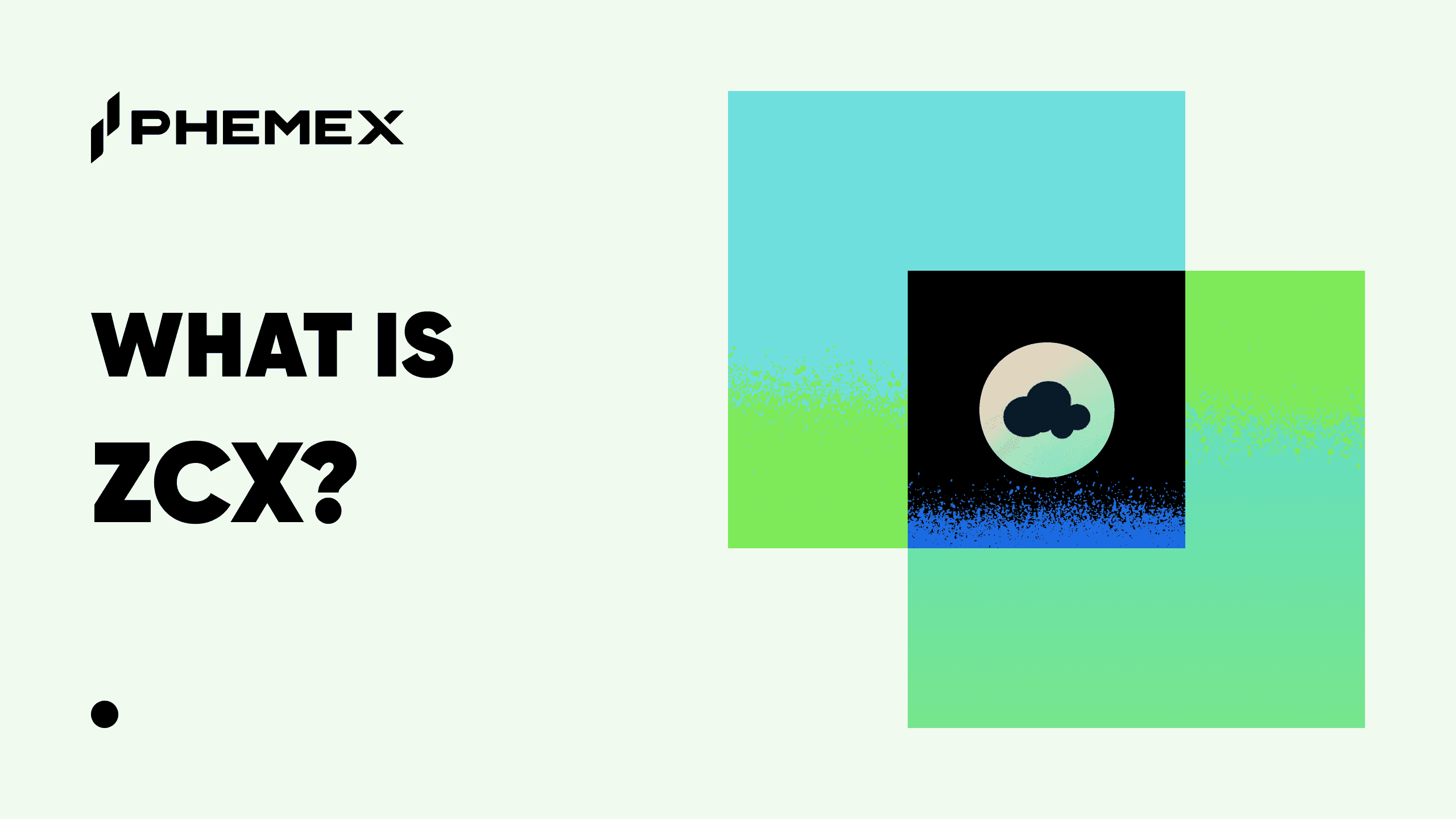Lido is a user-friendly, decentralized platform operated by Lido DAO. It was launched in December 2020 with the aim of offering liquidity for staked assets on Ethereum. By staking on Lido, a user can stake a fraction of 1 ETH on Ethereum 2.0 and still earn passive income through rewards.
Additionally, Lido now allows for staking on Terra (LUNA), meaning more income channels for validators. By allowing for lower value staking on Ethereum and Terra, Lido enables more people to stake in these blockchains. This inclusiveness in turn helps the blockchains remain decentralized as more people contribute to its security. Thus, this is a win-win for users, Lido, and the blockchains.

How does Lido Work?
Lido offers liquid staking, which is an alternative to locking up a stake. Put simply, Lido receives an amount of ETH from the users (or validators) that want to have a stake in Ethereum. In return, Lido gives them its minted representative ERC-20 coin, known as stETH, at a value of 1:1 to ETH. The platform has its own stake in Ethereum, consisting of ETH pooled together from the invested money from these validators, which generates rewards. This is how Lido can allow users to invest so little, while still investing in a blockchain that requires such a high stake. These rewards are then shared out among the investors, based on the stake they put into Lido. Lido collects a fee in the shape of 10% of each investor’s rewards, of which 50% goes toward building insurance and security for its users and improving the platform.
Staking on Lido
Although staking is one of the simplest ways to make a passive income, self-staking is far from simple and requires technical know-how. This is another aspect that Lido facilitates. With Ethereum 2.0, the validator must set up and run a validator system on their computer. In addition, that system has to run 24/7 in order to not be penalized for validator absence. Lido, on the other hand, simply requires users to connect their wallet, choose the amount to stake, and confirm. The investor keeps complete control of their assets and can withdraw them at any time since they are not locked in.
If a validator decides to withdraw their staked tokens, they can do it in one of two ways:
- Use a stETH-ETH liquidity pool such as Curve to de-stake at any time.
- Trade their staked ETH tokens on the open market.
This is a truly decentralized system that allows validators full freedom and opens up Ethereum staking to everyone. Not only does Lido make it more affordable to gain passive income from staking, it also allows validators to continue using the staked ETH while it is being staked. stETH signifies that the validator’s ETH tokens are staked, thereby adding a layer of security for the platform, as it holds the validator’s ETH. However, the validator can lend, store, spend, trade, or use stETH for collateral, all while still earning daily staking rewards. Additionally, the rewards from the stake appear in the validator’s wallet daily, thereby ensuring continuous profitability.
How to Stake on Lido?
Lido is compatible with both hot wallets such as MetaMask, and cold hardware wallets such as Ledger Nano S and Ledger Nano X. In terms of their security, cold hardware wallets are considered the safer option, as hot wallets remain connected to the internet, while cold ones store keys offline. However, in terms of cost, hot wallets only charge transaction fees, while cold hardware wallets take a percentage of the staking rewards. It is therefore important to tally all the costs, as Lido also takes a percentage of the staking rewards.

Lido vs. Centralized Staking Platforms
There are many platforms that offer the same services as Lido, including centralized ones such as Coinbase. These platforms also allow investors to stake through them in a very simple manner and with very little ETH; however, the investor’s wallet is also tied to the platform. This can be a positive as there is no need to integrate an external wallet, but it also means more centralization. Ultimately, the decision on whether to go with a centralized platform or a decentralized one depends on what an investor’s priorities are:
- Ultimate control of one’s own assets: A decentralized platform offers more control than a centralized one, as an investor never gives up control of their wallet.
- Security: A decentralized platform offers more security, as transactions are stored on the blockchain, as opposed to on the company’s books. In addition, Lido offers cold hardware wallets, which store keys offline and are thus a harder target for hackers.
- Contributing to the centralization/decentralization of banking, trading, and blockchain technology: This is a clear difference, and if a decentralized future matters to an investor, then they should always opt for the decentralized option.
- Simplicity: A centralized platform has the edge in terms of simplicity because the investor’s wallet is already integrated. Connecting a wallet to Lido is a very simple process, however, this should not be considered too much of an influencing factor.
What is Lido DAO Token (LDO)
The Lido DAO token (LDO) is a native utility token to the Lido staking platform. Created in December 2020 alongside the Lido platform, it has a max supply of 1 billion tokens, of which around 24.5 million (2%) are in circulation.
LDO can be used for the following actions:
- Granting governance rights
- Managing fee parameters and distribution
- Governing the addition and elimination of Lido node operators
It can also be traded on various platforms, including DEXs such as Uniswap (UNI), with both cryptocurrency and stablecoin pairs available.
LDO Price Analysis
LDO is currently valued at $5.90 with a market cap of $144.7 million, which is quite high for a utility token and thus gives them a little more power in the market. Having said that, their market dominance is low and they are ranked at number 313 in the market — which is not unexpected for a utility token. Confidence in LDO is high, as can be seen by its high total value locked (TVL) of $5.9 billion.

As the chart shows, similarly to Bitcoin (BTC), LDO began the beginning of April with a bullish climb and then turned bearish between May 11 and May 20. Trends that can generally be seen across the board due to the 2020 BTC halving and the 2021 crypto crash. However, LDO never again reached its January low of $0.63 and has since recovered and surpassed its May 10 high of $5.11. After this point, it has only continued to increase, with some ups and downs, to reach its highest value $7.10 on August 20. This continuous climb is a result of its increased popularity – as Ethereum 2.0 is implemented, more people want to profit but are unwilling to lock in their assets. LDO has decreased a little since then, but so far only in a usual price fluctuation. Judging by its recent upward trajectory and the continued growth of DeFi, LDO looks set to continue rising.
Conclusion
Lido has just begun its journey and is paired with sectors that will guarantee its growth. DeFi is a booming business and Ethereum’s upgrade is attracting many more people to the market. With increasing opportunities and better scalability and speed, many more users will undoubtedly join Ethereum, meaning ever-increasing DApps and investors. As users become more accustomed to the technology, they will want to take advantage of the many ways to make money — the easiest of which is staking. However, 32 ETH (or $102,485) is a lot of money, especially when it must be locked up for a long period of time.
Lido’s ability to offer a much lower barrier to entry, while maintaining decentralization and control of one’s own assets gives it great prospects for growth. Liquid staking can be considered the purest form of DeFi, so we are likely to see it grow in parallel with DeFi in general. Maintaining control of one’s own assets is also a priority for many investors, but the coding and technical know-how needed to self-stake can alienate some users.
By allowing liquid staking in a simple manner and on a decentralized platform, Lido is therefore well poised to grow exponentially with DeFi. Additionally, Lido is securing a growing market by integrating with high-profile cryptocurrency partners such as Curve, Ledger, Balancer, and SushiSwap, among others. With a growing market and a secure user base through its partners, Lido is certainly one to watch.
Read More
- What is stETH: Liquid Staking for ETH 2.0
- What is a Liquidity Pool: Achieving Efficient Asset Trading
- Yield Farming vs. Staking vs. Liquidity Mining: All You Need to Know
- What is Staking: PoW vs. PoS Explained
- https://phemex.com/academy/defi
- What Is DeFi Llama: A DeFi Analytics Dashboard for Professional DeFi Traders
- What Are LP Tokens? A Step-by-Step Guide to Creating Your Own LP Token & Launching a Coin
- What is Defi 2.0 Protocol & How does it Work?







